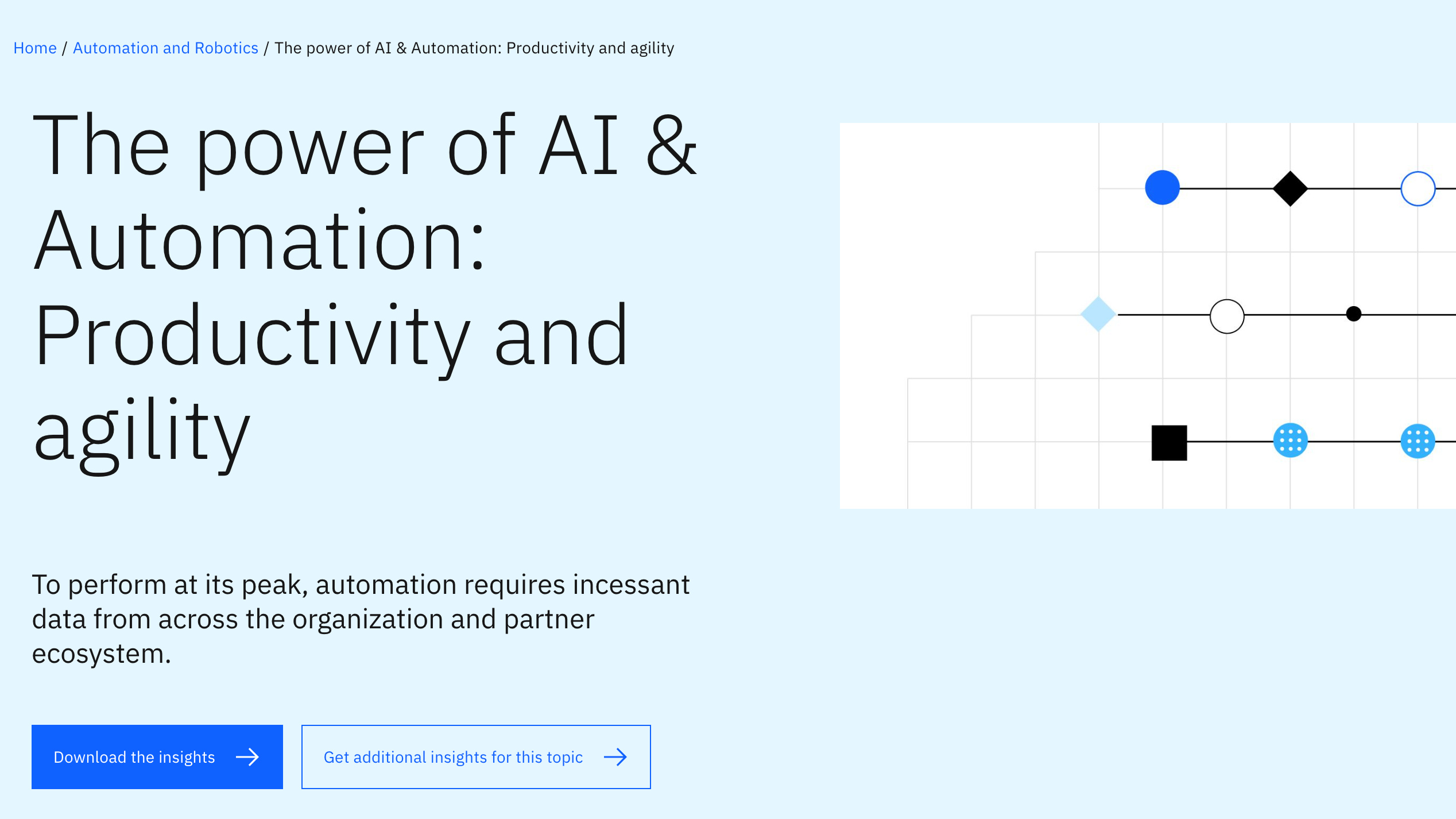Twitter slams Google search changes
The micro-blogging service is worried Google's changes are 'bad for people, publishers, news organisations and Twitter users.'


Twitter has claimed Google's 'Search plus Your World' changes announced yesterday marked a "bad day for the internet."
Former Google lawyer Alex Macgillivray, now Twitter's general counsel for policy, trust and safety, took to Twitter to raise his qualms with Google's decision to rope Google+ further into the search fold.
"Having been there, I can imagine the dissension @Google to search being warped this way," Macgillivray said.
We think that's bad for people, publishers, news organisations and Twitter users.
In an official statement, Twitter said it was concerned the changes would mean users would not get the most relevant results.
"Twitter has emerged as a vital source of this real-time information, with more than 100 million users sending 250 million Tweets every day on virtually every topic. As we've seen time and time again, news breaks first on Twitter; as a result, Twitter accounts and tweets are often the most relevant results," a spokesperson for the micro-blogging service said.
"We're concerned that as a result of Google's changes, finding this information will be much harder for everyone. We think that's bad for people, publishers, news organisations and Twitter users."
Get the ITPro daily newsletter
Sign up today and you will receive a free copy of our Future Focus 2025 report - the leading guidance on AI, cybersecurity and other IT challenges as per 700+ senior executives
Google's changes amount to three key additions. The first is the Personal Results feature, which presents users with contacts' Google+ posts and photos for whatever terms they search.
The second major addition is Profiles in Search, which means when users search for a friend's name, Google will bring up a personalised profile prediction in autocomplete.
The new People and Pages feature links the other two additions by finding people profiles and Google+ pages related to a specific topic.
Google has been attempting to make search more personalised for some time. In 2009, it launched its Social Search initiative designed to rank content linked to people's social circles higher up in results.
Tom Brewster is currently an associate editor at Forbes and an award-winning journalist who covers cyber security, surveillance, and privacy. Starting his career at ITPro as a staff writer and working up to a senior staff writer role, Tom has been covering the tech industry for more than ten years and is considered one of the leading journalists in his specialism.
He is a proud alum of the University of Sheffield where he secured an undergraduate degree in English Literature before undertaking a certification from General Assembly in web development.
-
 Cleo attack victim list grows as Hertz confirms customer data stolen
Cleo attack victim list grows as Hertz confirms customer data stolenNews Hertz has confirmed it suffered a data breach as a result of the Cleo zero-day vulnerability in late 2024, with the car rental giant warning that customer data was stolen.
By Ross Kelly
-
 Lateral moves in tech: Why leaders should support employee mobility
Lateral moves in tech: Why leaders should support employee mobilityIn-depth Encouraging staff to switch roles can have long-term benefits for skills in the tech sector
By Keri Allan
-
 Future focus 2025: Technologies, trends, and transformation
Future focus 2025: Technologies, trends, and transformationWhitepaper Actionable insight for IT decision-makers to drive business success today and tomorrow
By ITPro
-
 B2B Tech Future Focus - 2024
B2B Tech Future Focus - 2024Whitepaper An annual report bringing to light what matters to IT decision-makers around the world and the future trends likely to dominate 2024
By ITPro
-
 Six steps to success with generative AI
Six steps to success with generative AIWhitepaper A practical guide for organizations to make their artificial intelligence vision a reality
By ITPro
-
 Who owns the data used to train AI?
Who owns the data used to train AI?Analysis Elon Musk says he owns it – but Twitter’s terms and conditions suggest otherwise
By James O'Malley
-
 The power of AI & automation: Productivity and agility
The power of AI & automation: Productivity and agilitywhitepaper To perform at its peak, automation requires incessant data from across the organization and partner ecosystem
By ITPro
-
 Operational efficiency and customer experience: Insights and intelligence for your IT strategy
Operational efficiency and customer experience: Insights and intelligence for your IT strategyWhitepaper Insights from IT leaders on processes and technology, with a focus on customer experience, operational efficiency, and digital transformation
By ITPro
-
 Big Tech AI alliance has ‘almost zero’ chance of achieving goals, expert says
Big Tech AI alliance has ‘almost zero’ chance of achieving goals, expert saysNews Companies like Microsoft, Google, and OpenAI all have competing objectives and approaches to openness, making true private-sector collaboration a serious challenge
By Rory Bathgate
-
 Sustainability at scale, accelerated by data
Sustainability at scale, accelerated by dataWhitepaper A methodical approach to ESG data management and reporting helps GPT blaze a trail in sustainability
By ITPro